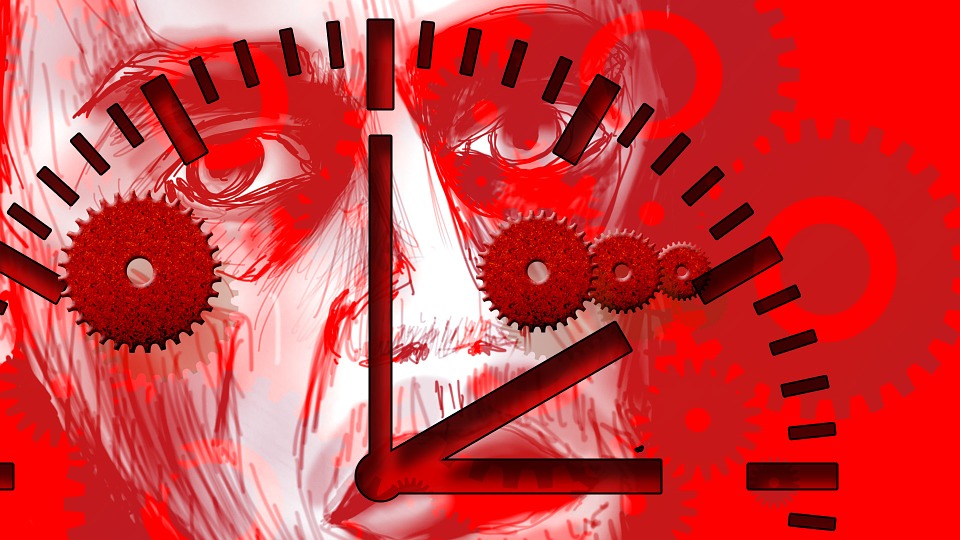Written before about emotional exhaustion and work stress, and this will be a bit similar on emotional burnout.
Fact is: work is very stressful for a lot of people. It’s kind of mind-boggling because we have a super advanced tech stack these days, and the entire point of tech is supposed to be “making things easier.” But what often happens is that people view it as “another thing to manage,” or the tech means you can get clients in Seoul whereas previously you couldn’t — so now it’s more work, more relationships, more KPIs, etc. It all piles up.
The elephant in the room here, of course, is that work is closely tied to self-worth for many (especially males) — so even if you’re not working super hard, you’re likely to tell everyone how much you’re working. (We all know a version of this person.) The first world tends to deify the workaholic, so many of us attempt to present as such. It increases our own feelings of relevance.
That, too, can present as a form of emotional burnout — you essentially need to keep up a lie (“I’m doing 85 hours/week!”) for a decade or more. It’s taxing.
Point being: emotional burnout is very real. But just how pervasive has it become?
Some stats on emotional burnout
Here’s some new research on burnout, stress, and loneliness. A snapshot:
- 50% of people report being burned out at work (would have thought higher, but this is still 1 in every 2 people)
- That stat is a 32% increase from about 20 years ago
- Additional research has shown that emotional burnout/physical burnout leads to intense disengagement from the company
- Disengagement, in turn, has been shown to lead to 16% less profitability and 65% lower share price over time
Here’s where we generally net out, then:
- Executives often don’t care much about people, deeming that “a HR thing”
- But the people are burning out
- That’s seemingly costing the executives money
- Ruh roh.
What now?
Can we reduce emotional burnout at work?
Sure. But it requires a few leaps of faith.
Number 1 would be setting up an actual culture. We talk in broad terms often about “mission and vision,” but these things do matter. Probably the best definition I ever heard was a culture is “the things you permit to happen.” Define what you want to be and then act along those lines.
Number 2 would be clearly defined priorities. Most organizations lack this, which means it’s relatively easy for each manager and each silo to assign their own priority tiers. This creates “sense of urgency” management, which can directly lead to emotional burnout.
Number 3 would be strengthening support networks. This is because there’s a high degree of power in friends at work, as well as gratitude at work. Also remember: this is a very lonely, socially-isolated time for many people right now. Work is a place where friends/connections can emerge, and that can lessen emotional burnout.
The problem here is that for all these things to happen, you need competent leadership (not always normative), people who can respond to situations instead of always reacting to them, and organic support networks as opposed to HR-laden drivel.
Most places do this all wrong, and that creates festering emotional burnout. You get to work and it’s task task task spreadsheet spreadsheet spreadsheet meeting meeting meeting, which ultimately results in … what, exactly? Not a promotion. This is part of why the “Gig Economy” is rising up. Standard work just doesn’t, well, work for people anymore. Emotional burnout is a huge part.

I’d add a #4 about training managers on how to, well, manage. In the 17 years I’ve been here, the years I spent managing people – having been shoved into a managerial role just because I was excelling at the job I’d been doing and we know the next logical step is to throw staff under those good hard workers (!) – were by far my most emotionally stressful. I was burnt out AF. I would rather be buried under 10,000 deadlines (cough) than have to navigate emotional landmines at work. I took a 30K+ pay-cut to move from a stressful managerial role to that of an individual contributor.